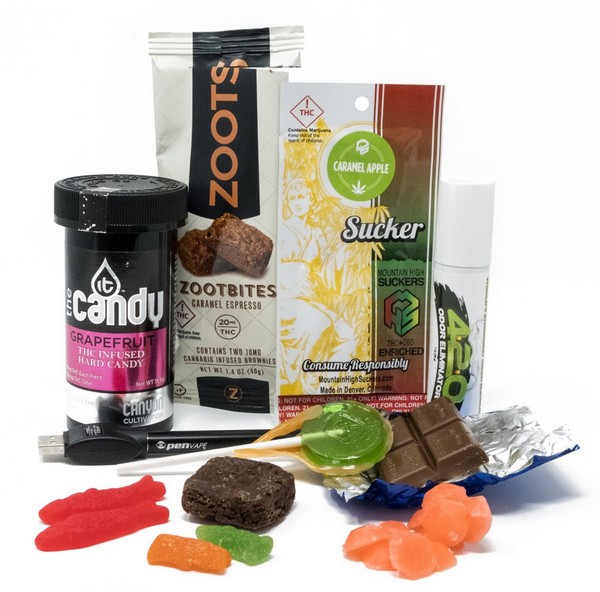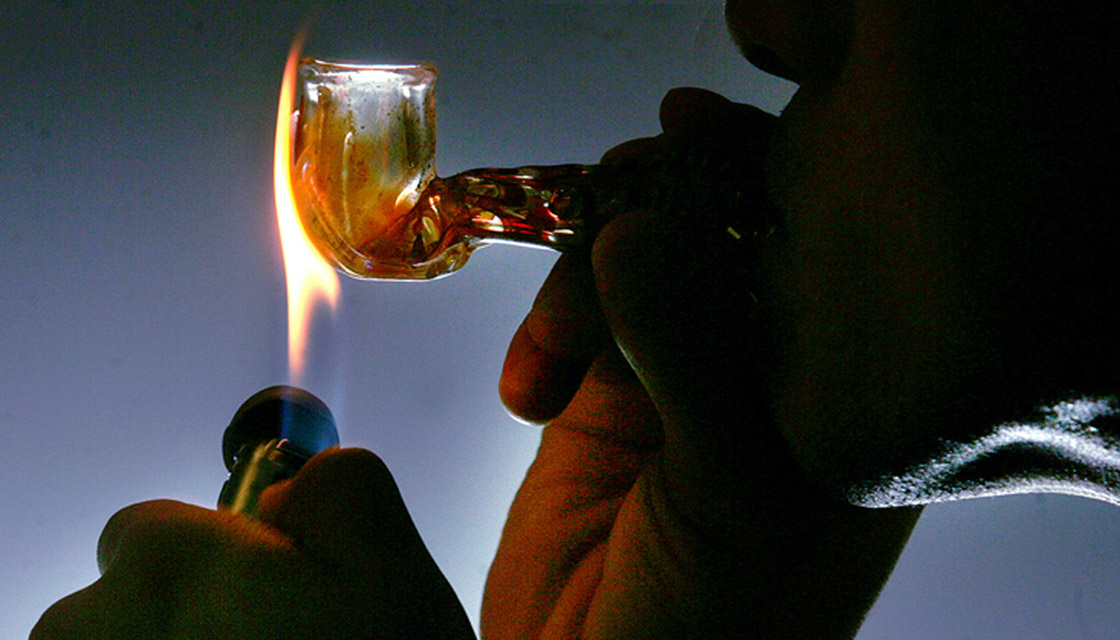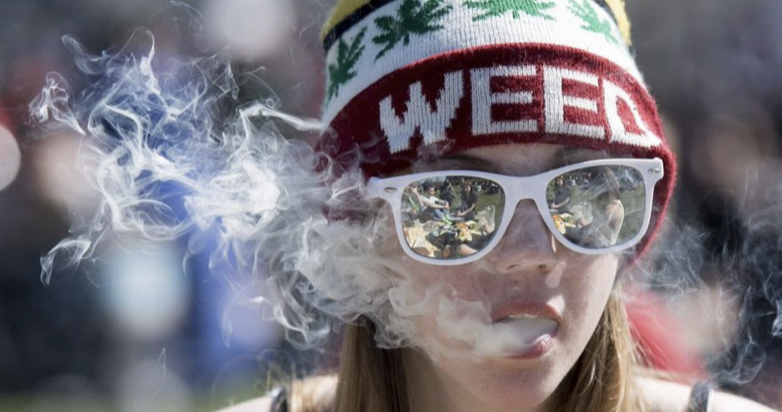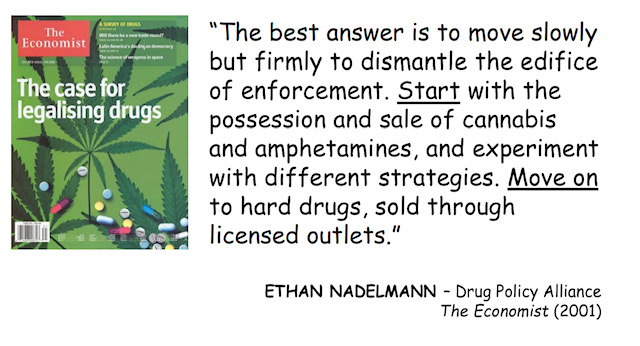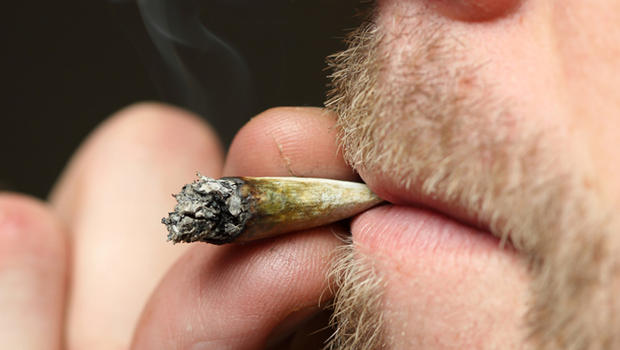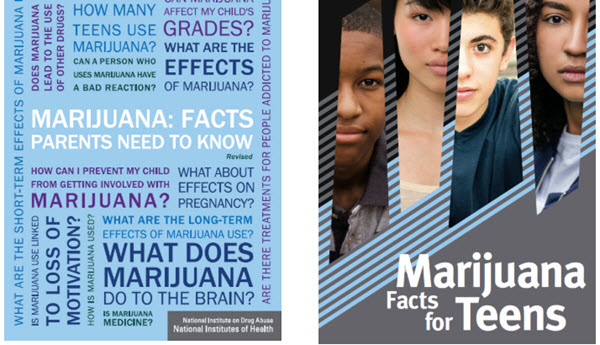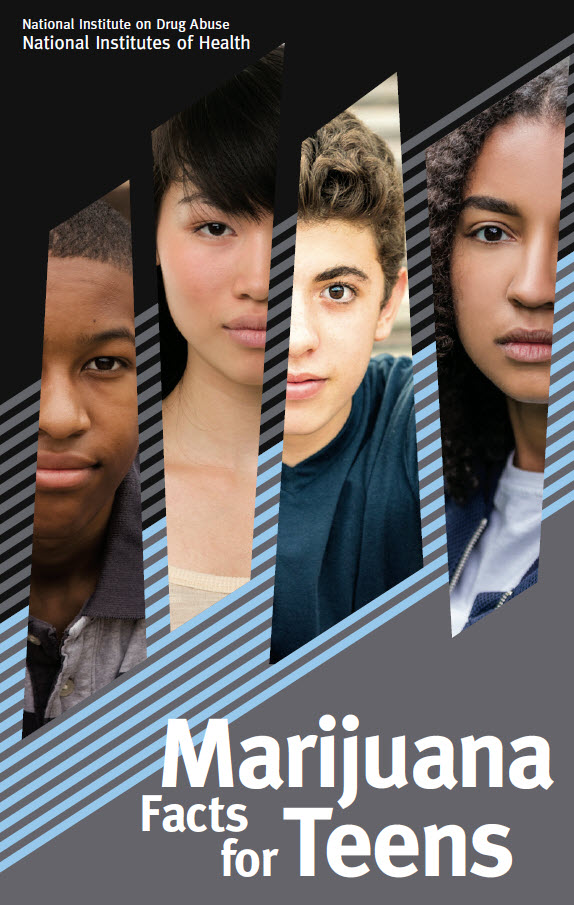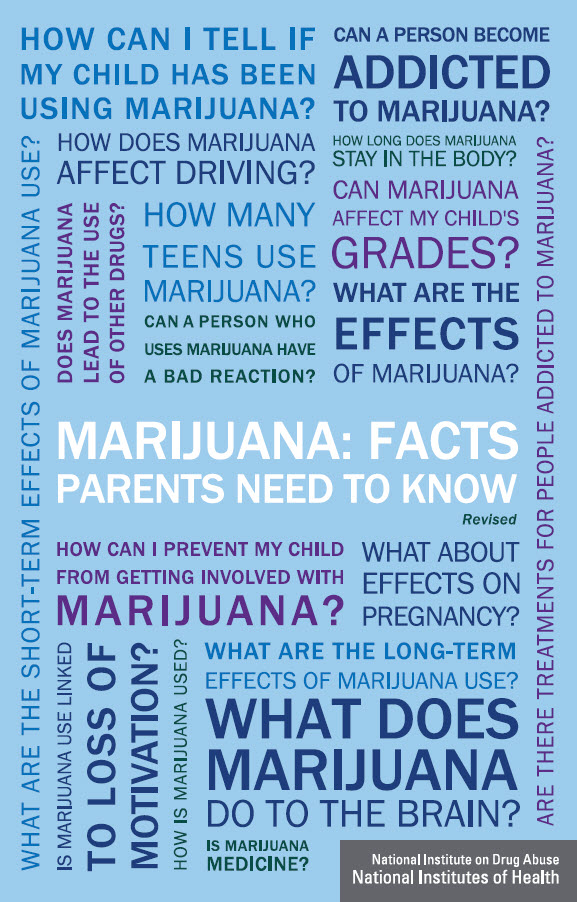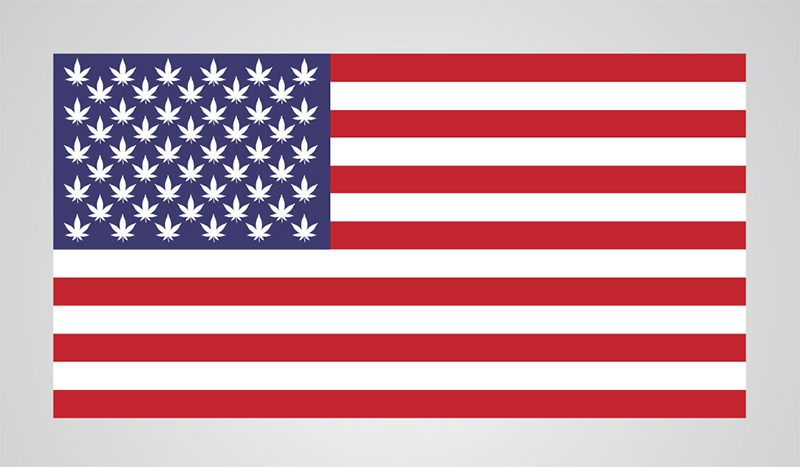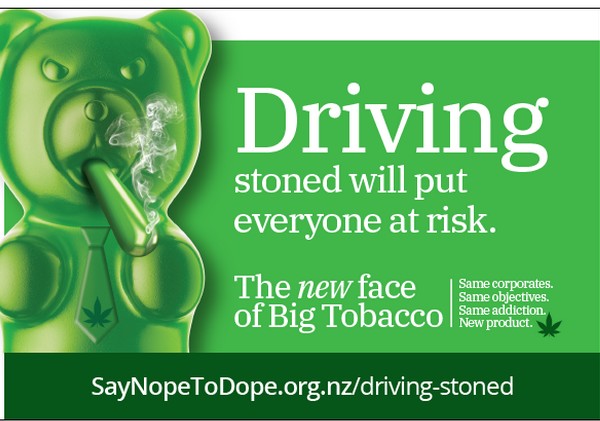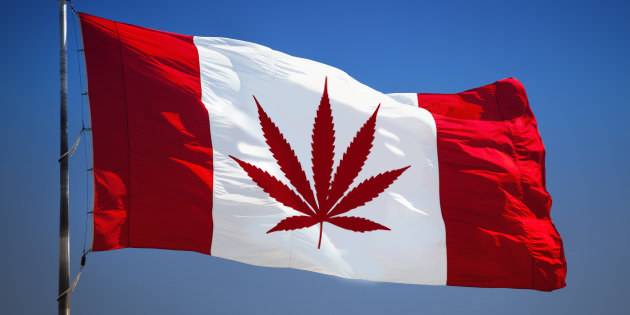
The Guardian 18 March 2020
Family First Comment: The black market flourishes in legalised places:
“The government’s pot is too expensive. The government doesn’t show you a picture of what you’re buying before you buy it, so you cannot be informed as a consumer. The government weed has been full of bugs, mouldy or too dry in some cases, and often takes too long to get there,” one user said. “The legal stuff is garbage,” said another Reddit user. A third said: “Friends don’t let friends smoke government weed.” Canadian government survey results released last month found that 40% of the country’s marijuana consumers admit to having obtained the drug illegally since legalisation.
North America’s biggest companies have seen their market values lose billions, prompting comparisons to dotcom bust
Cannabis may be legal in Vancouver but visitors looking to score are likely to run into a seemingly counterintuitive suggestion: try the black market.
Recreational marijuana was legalised across Canada in October 2018. And yet on Reddit, the specialist forum website used by millions every day, many of Vancouver’s cannabis connoisseurs still swear by their underground supply.
This is one of the major issues facing North America’s marijuana companies, which experts say are in the midst of a dotcom-style market crash.
Canada and 11 US states have legalised recreational use of the drug, and a little over a year ago companies that cultivate and sell cannabis were seen by investors as one of the hottest tickets in town. Now billions of dollars have been wiped off the market values of the industry’s largest companies.
The North American Marijuana Index, which tracks listed firms in the sector, has plummeted about 80% in the last year and is at its lowest value since 2016, before much legalisation had taken place.
READ MORE: https://www.theguardian.com/society/2020/mar/18/cannabis-canada-legal-recreational-business


